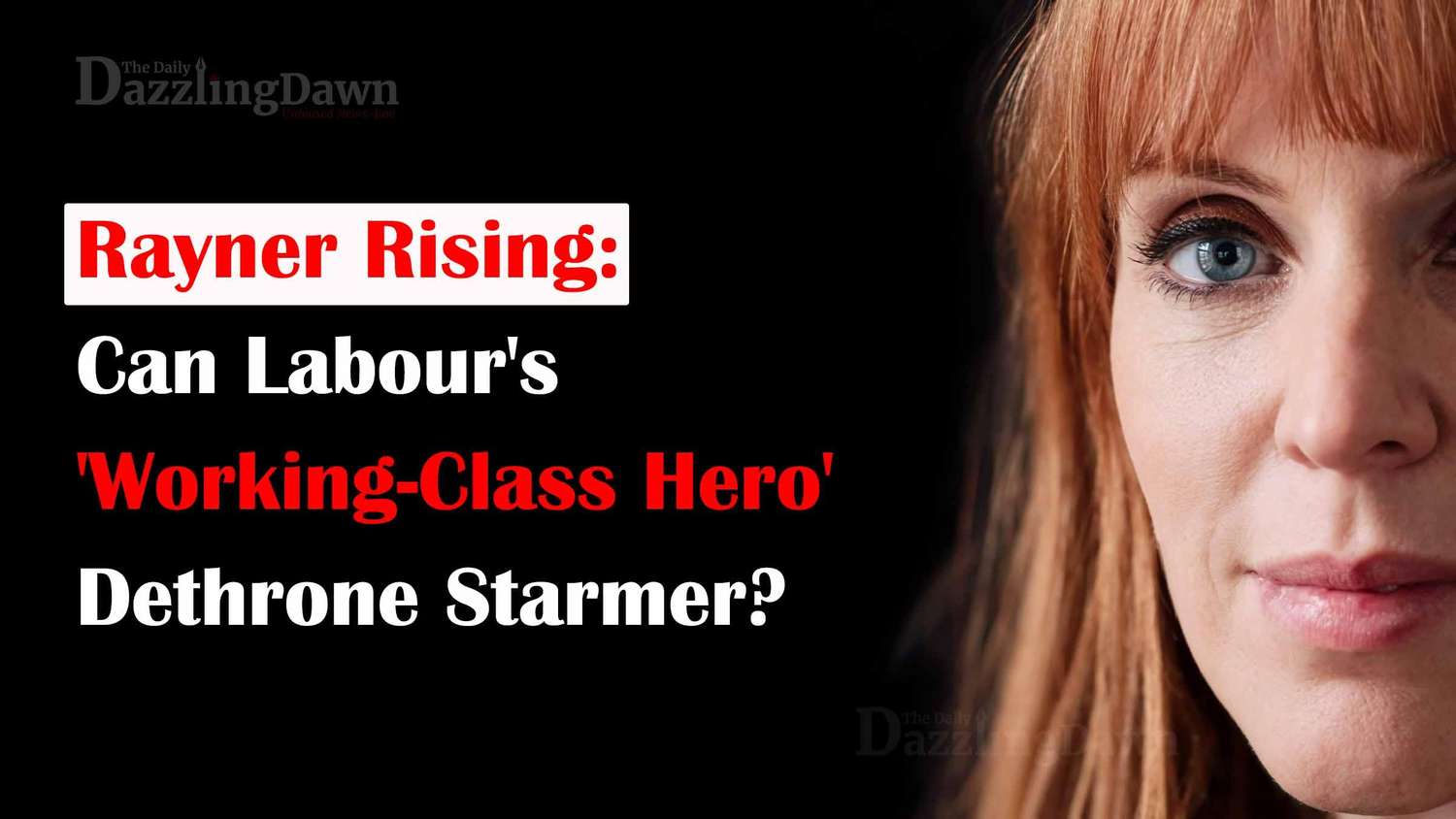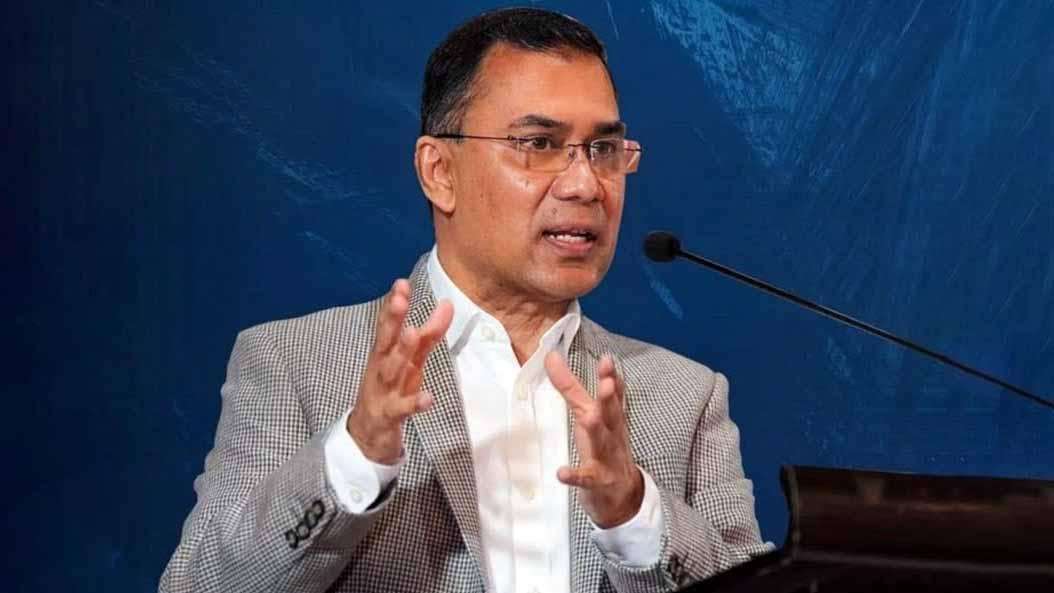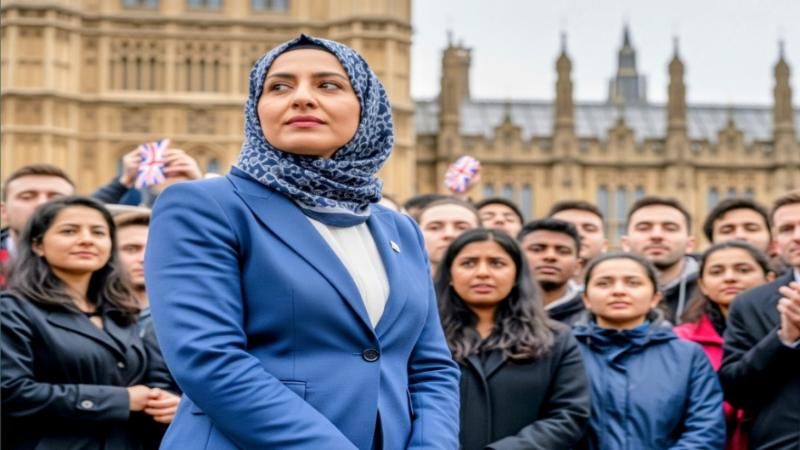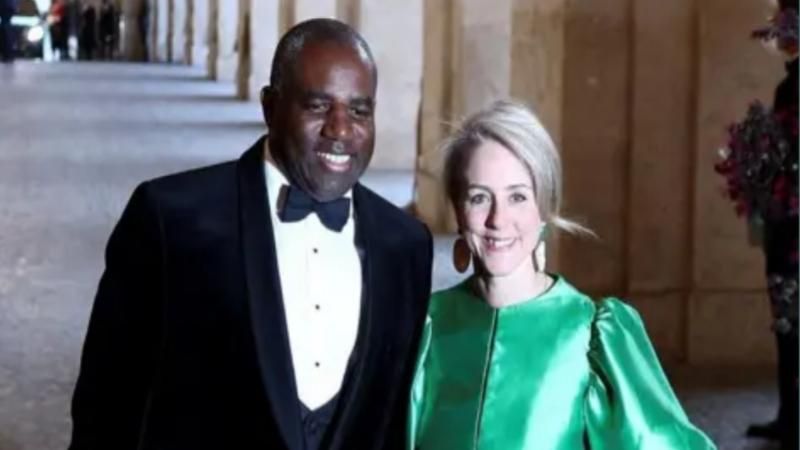Starmer's Gamble: First Muslim Home Secretary to Champion "Tougher" Migration Policies, Sparking Hope and Fear in Immigrant Communities-The recent shake-up of Keir Starmer's cabinet has placed a figure from the immigrant community at the forefront of the very policies that will impact them most. The appointment of Shabana Mahmood, a British Pakistani woman, as the new Home Secretary, is a moment of profound significance for the UK's immigrant and BAME communities. While it is a historic achievement for a Muslim woman to reach one of the most powerful offices of state, this pride is shadowed by a palpable sense of apprehension over her mandate to take a harder line on illegal migration, echoing the rhetoric of the very parties she's meant to counter, Daily Dazzling Dawn understands.
From the perspective of the British South Asian, British Bangladeshi, British Muslim, and British Pakistani communities, Mahmood's appointment is a complex and even contradictory event. It’s a testament to the community's growing political integration and influence. Many see her as a symbol of their journey from new arrivals to integral parts of British society. For those who came to the UK under strict rules, her message resonates—that a system based on fairness and rules is essential. As Mahmood herself has noted, many of her constituents believe in a "fair managed migration system" and want to see "rules" applied to everyone, a view that often comes from a place of earned legitimacy and a desire for an orderly society.
However, a significant segment of the community views her appointment with caution. The Home Office has a long and often contentious history with immigrant and minority communities. The prospect of a Home Secretary from an immigrant background being the one to implement "tougher" measures feels unsettling. There is a fear that to prove her mettle, Mahmood may feel compelled to be even more uncompromising than a non-minority politician, leading to policies that could disproportionately affect asylum seekers and those with precarious immigration statuses. The rhetoric of "clamping down" and "tough messages" on immigration has a different, more personal sting when delivered by someone who shares a heritage with many of the people it targets.
A particularly acute concern within the Muslim community is the alarming rise of hate-motivated attacks on mosques and individuals. Data from organizations like Tell MAMA and the Home Office confirms that Muslims are the most targeted religious group for hate crimes in the UK. A significant increase in anti-Muslim hate cases has been reported, with assaults and incidents of vandalism surging in recent years. This makes the appointment of a Muslim Home Secretary an opportunity for real change. As Home Secretary, Shabana Mahmood and her team are expected to take a multi-pronged approach to address this. They can build upon existing policies to combat Islamophobia more effectively.
The new Home Secretary could strengthen existing programs and implement new strategies to combat Islamophobia. This would include expanding the Protective Security for Mosques Scheme, which provides free physical security measures, to cover more mosques and community centers, and ensuring it can fund security personnel. A key area for action is the prosecution and sentencing of hate crimes, and Mahmood can work with the Crown Prosecution Service (CPS) to ensure anti-Muslim hate crimes are given priority and prosecuted with the full force of the law, including the use of "uplift" in sentencing for harsher penalties. To combat the root causes of hate, the government could increase funding for community-led initiatives that promote interfaith dialogue and understanding and partner with organizations like the Muslim Council of Britain (MCB) and Tell MAMA. Given that a significant amount of hate speech is now spread online, the Home Secretary could also work with social media companies to enforce stricter policies against hate speech and review the Online Safety Act to ensure it is effectively protecting communities from online harm.
Mahmood’s own heritage could be a powerful asset in this role. Her lived experience as a Muslim woman in the UK could give her a unique perspective on the challenges and fears faced by the community. It could also lend her credibility when working with Muslim community leaders and organizations, fostering greater trust and cooperation in the fight against hate crime. The challenge for Mahmood is immense: to satisfy a public demanding a solution to the migration issue while retaining the trust and support of the communities she represents, all while navigating a political role that has broken many careers before hers. Her success or failure will be watched not just in Westminster, but in living rooms and community centers across the country, where the stakes are deeply personal.








.svg)


